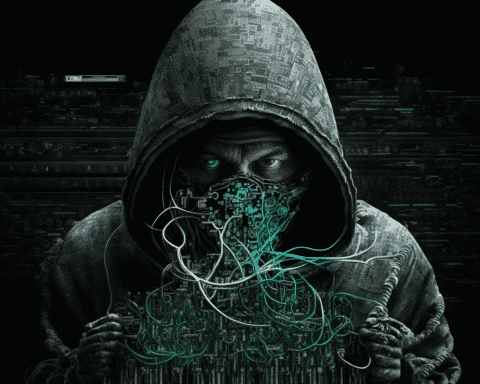TikTok, the Chinese-owned video-sharing app, has been at the center of a global controversy for some time now. Concerns about cybersecurity, privacy, and misinformation have led to several countries imposing partial or total bans on the popular app. TikTok, owned by ByteDance, has faced criticism over its ties to the Chinese government, and many countries fear that the app may be a tool for espionage.
Countries That Have Banned TikTok
Afghanistan, Australia, Belgium, Canada, Denmark, the European Union, France, India, Latvia, the Netherlands, New Zealand, Norway, Pakistan, Taiwan, the United Kingdom, and the United States are among the countries that have banned TikTok. Some countries have imposed nationwide bans, while others have banned the app from government-issued devices.
Reasons for the Bans
The reasons for the bans vary. Some countries have expressed concerns over cybersecurity, citing fears that the Chinese government could use the app to spy on citizens. Others have raised concerns about the collection of user data and privacy. There have also been accusations of misinformation on the platform, with some governments claiming that TikTok has been used to spread false information and propaganda.
TikTok’s Response
TikTok has long maintained that it does not share user data with the Chinese government. The company says it stores American user data in the U.S. to put it out of China’s reach. TikTok has also disputed accusations that it collects more user data than U.S. social media companies do.
Despite TikTok’s claims, many governments remain cautious about the platform and its ties to China. Some countries have gone so far as to accuse TikTok of being a tool for Chinese espionage. The U.S. government has banned the app from government-issued devices and is currently considering a nationwide ban.
TikTok’s Future
The future of TikTok remains uncertain. While the app remains hugely popular, with over one billion active users, the bans could have a significant impact on the platform’s growth. TikTok has faced similar controversies in the past, including a ban in India, which was later lifted. However, the current global backlash against the app is far more significant.
TikTok has responded to the bans by stepping up its efforts to address concerns about privacy and cybersecurity. The company has hired a team of cybersecurity experts and has implemented new measures to protect user data. TikTok has committed to increasing transparency regarding its data collection policies.
The bans on TikTok highlight growing concerns over the collection and use of user data by tech companies. As the use of social media continues to grow, governments around the world are becoming increasingly wary of the potential risks. While TikTok has tried to address these concerns, the bans suggest that many governments remain unconvinced. As the debate over TikTok’s future continues, it remains to be seen whether the app can regain the trust of governments and users around the world.




